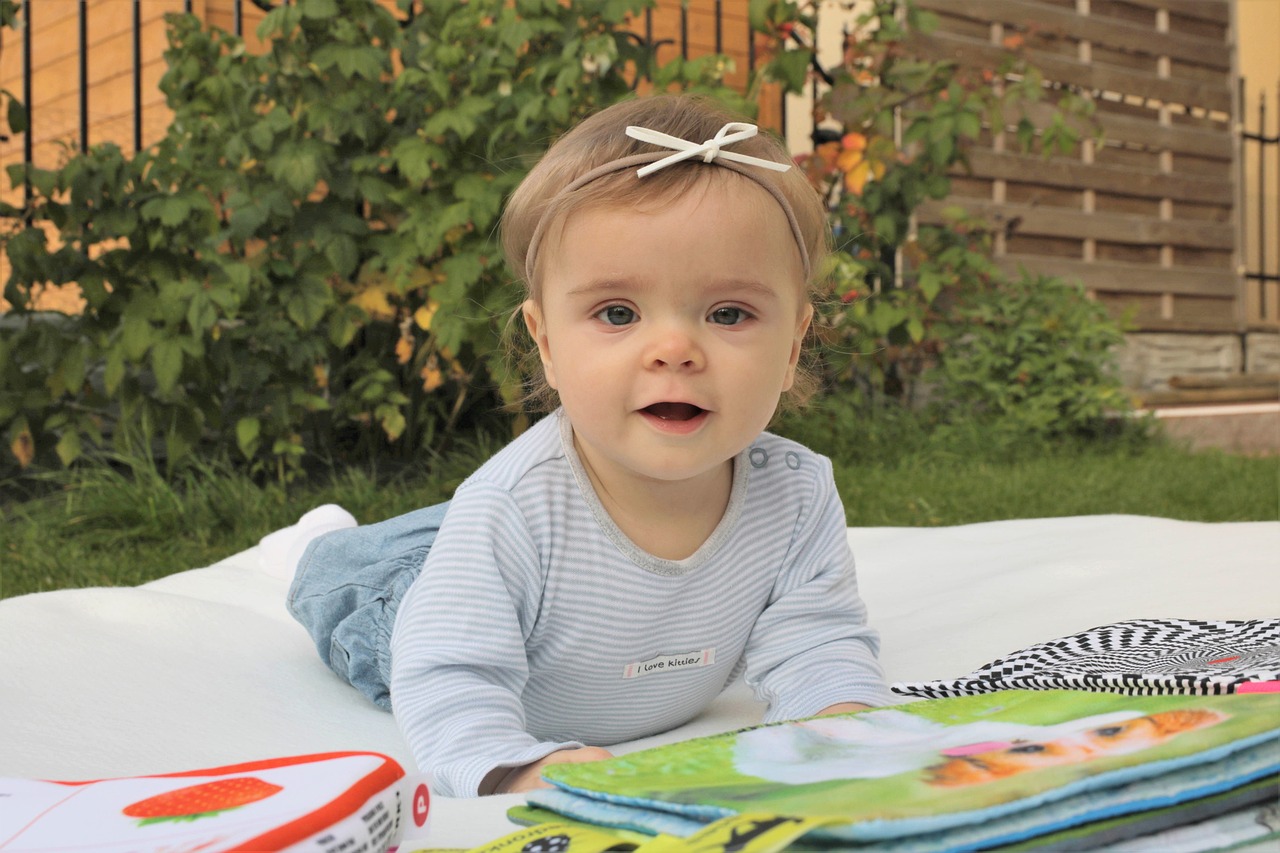How to Handle Academic and Cultural Transitions During a Student Exchange Program: Allpanelexchange, Lotus365 book, Laser book 247
allpanelexchange, lotus365 book, laser book 247: Studying abroad is an incredible opportunity to expand your horizons, immerse yourself in a different culture, and gain valuable academic experiences. However, it can also come with challenges, especially when it comes to navigating academic and cultural transitions. If you’re heading off on a student exchange program, here are some tips on how to handle these transitions effectively:
Getting Acquainted with Academic Expectations
One of the biggest adjustments you’ll need to make when studying abroad is adapting to a new academic system. From different grading scales to unique teaching styles, it can be overwhelming at first. Be proactive in familiarizing yourself with the academic expectations of your host institution. Reach out to professors, attend orientation sessions, and connect with fellow students to get a better understanding of what is expected of you.
Time Management is Key
With the excitement of being in a new country, it’s easy to get caught up in exploring and forget about your studies. Establish a routine early on that allows you to balance your academic responsibilities with your cultural experiences. Make use of planners or time management apps to stay organized and ensure you’re meeting deadlines and keeping up with coursework.
Seek Support from Academic Advisors
If you find yourself struggling academically, don’t be afraid to reach out for help. Academic advisors are there to guide you through your academic journey and provide support and resources when needed. Whether you’re struggling with a particular subject or need help with time management, they can offer valuable insights and assistance.
Embrace Cultural Differences
Living in a different country means being exposed to new traditions, customs, and ways of life. Embrace these cultural differences with an open mind and a willingness to learn. Attend local events, try traditional cuisine, and engage with locals to immerse yourself in the culture. Remember, cultural differences are what make studying abroad such a unique and enriching experience.
Stay Connected with Loved Ones
While studying abroad can be an exciting adventure, it can also be a challenging and lonely experience at times. Maintain regular communication with family and friends back home to stay connected and seek support when needed. They can offer a sense of comfort and familiarity, especially during moments of homesickness.
FAQs:
Q: How can I make friends while studying abroad?
A: Take advantage of social events, join student clubs or organizations, and participate in group activities to meet new people and make friends.
Q: What should I do if I experience culture shock?
A: Talk to someone you trust, whether it’s a fellow student, advisor, or counselor. Exploring cultural differences and seeking support can help you navigate through feelings of culture shock.
Q: How can I make the most of my student exchange program?
A: Be open to new experiences, step out of your comfort zone, and take advantage of every opportunity to learn and grow during your time abroad.
Studying abroad can be a transformative experience that opens up new perspectives and opportunities. By preparing for academic and cultural transitions and embracing the challenges that come with them, you’ll be better equipped to navigate through your student exchange program successfully.







